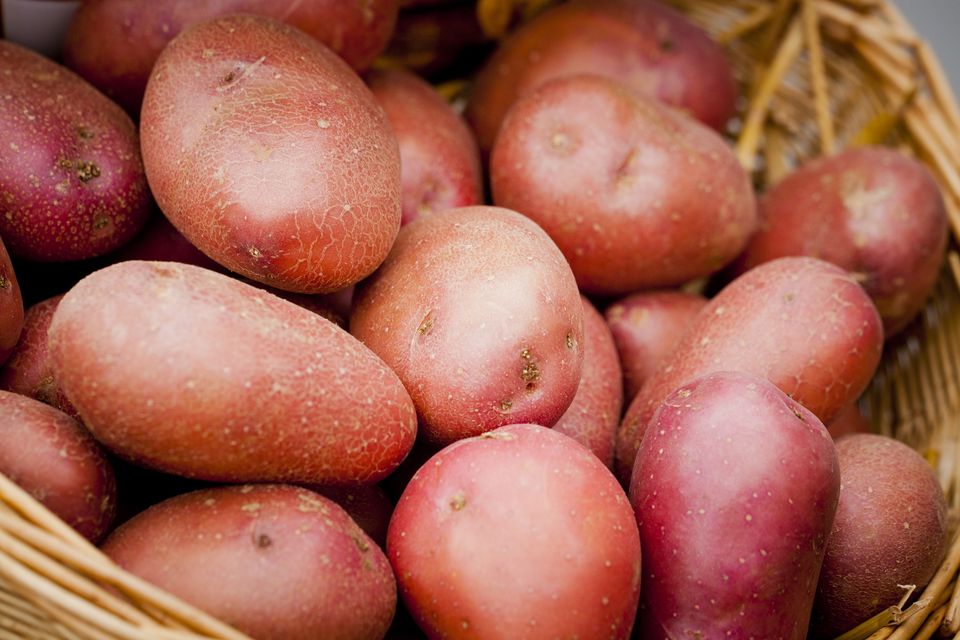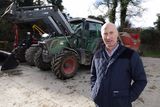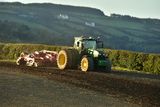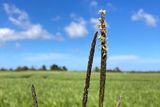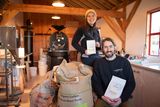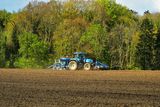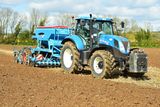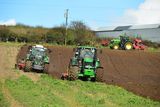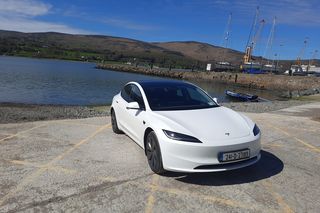Richard Hackett: Rooster is now unsuitable for a sustainable potato sector
'Unfortunately for those that depend on producing the variety Rooster, the stop-start season played havoc with it'. Photo: Getty
The persistent rain is causing many problems in all sectors of agriculture and the potato sector is no different.
However, it’s not really the weather that is causing the issue. The potato sector has been bouncing from one crisis to the next for the last 30 years — it just happens that the weather is the latest cause for yet another problem.
OK, it has been a very unusual 12 months. We had too much water last spring, which delayed planting; too little water in May, which stunted many crops; then too much water in the winter, which halted harvest; and again too much water, which has now delayed spring planting.
However, many potato growers have been able to negotiate this unusual weather better than others. Some have had a great year, while other growers are facing ruin.
Not to put too fine a point on it, but there is a single reason as to the different fortunes of these two groups of growers: dependence on the variety Rooster.
Today's News in 90 seconds - 5th April 2024
Those that produce a range of varieties for different outlets — for example, early production, fresh chip, processing or salad production — tend to have varieties available that are more determinate in nature and have early maturing characteristics.
Early maturing varieties provide the opportunity to harvest in August and September.
Once potatoes are harvested and in the shed, they are ready to be marketed and have met high demand and high prices.
Unfortunately for those that depend on producing the variety Rooster, the stop-start season played havoc with it.
Read more
The variety needs 160 days from planting until maturity. Late planting, a temporary halt mid-season due to drought, and premature shut-down of harvest opportunities in October conspired to ensure that those with any quantity of Rooster to harvest ended up with produce left in the field.
High demand and high price are no use when potatoes are still in the drill.
Over the winter, frost caused rotting in the top of the drill and wet caused rotting in the bottom of the drill, so many crops are barely worth harvesting as harvest opportunities finally re-emerge.
For all intents and purposes, Rooster is the only maincrop variety grown for “table” use that is marketed through supermarkets in Ireland.
It has become a stalwart of the industry, to the point that no other variety has had a chance to break its dominance over the last 30 years.
However, its requirement for very cold-temperature storage (which equates to high energy use) to control skin blemishes that have no impact on eating quality, added to its requirement for a very long growing season, in a time when the weather is becoming more and more unpredictable, is resulting in the variety becoming unsuitable for a resilient, sustainable and profitable potato sector.
There are many actors and stakeholders involved in the potato supply chain in Ireland. There are plenty of fora and groupings where these stakeholders get the opportunity to discuss the industry and its development.
The development of a brand of potatoes, where a range of varieties can be marketed together to provide a “low carbon emission” offering to the marketplace, has to be top of the agenda in these groupings, as a matter of urgency.
Richard Hackett is an agronomist based in North County Dublin and is a member of the ACA and ITCA
